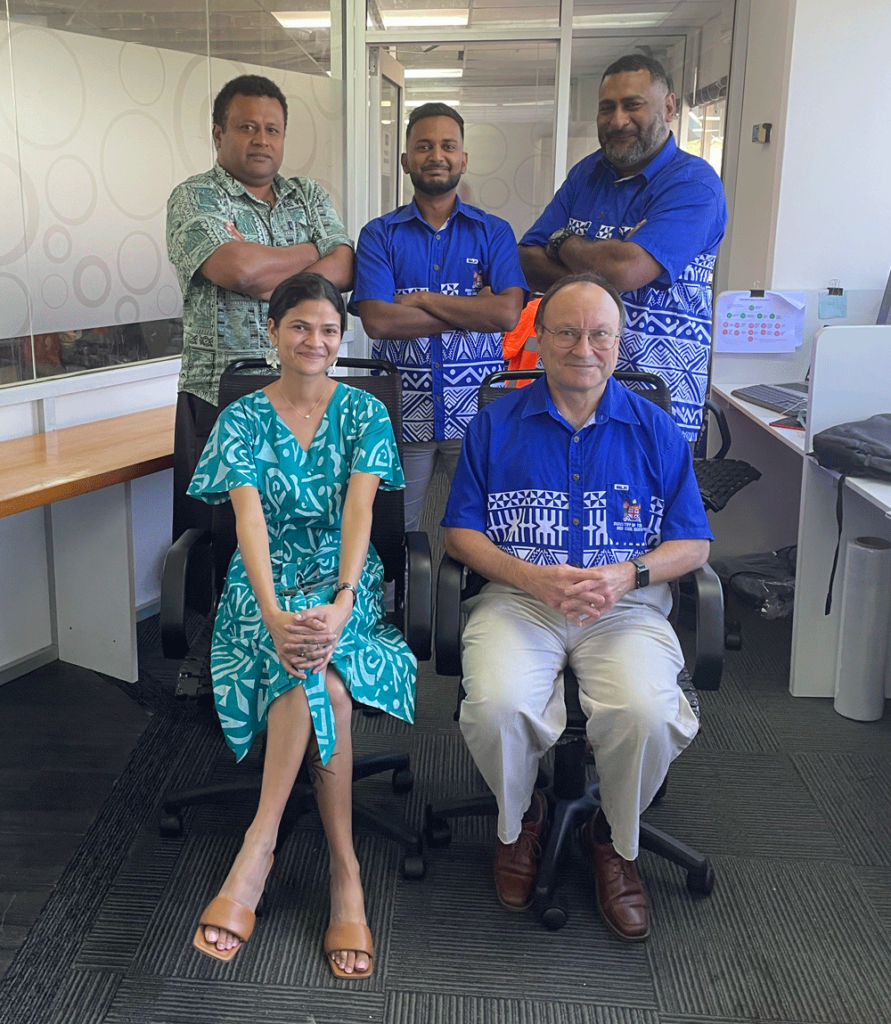Na Vualiku in a Nutshell:
The Na Vualiku Tourism Development Program, a collaborative effort between the Fijian Government and the World Bank, as well as with multiple government implementing partners and technical partners (See Implementation Arrangements image below) aims to develop Vanua Levu into a premier tourism destination. Our origins and goals are rooted in enhancing the island’s infrastructure, economy, and cultural heritage.
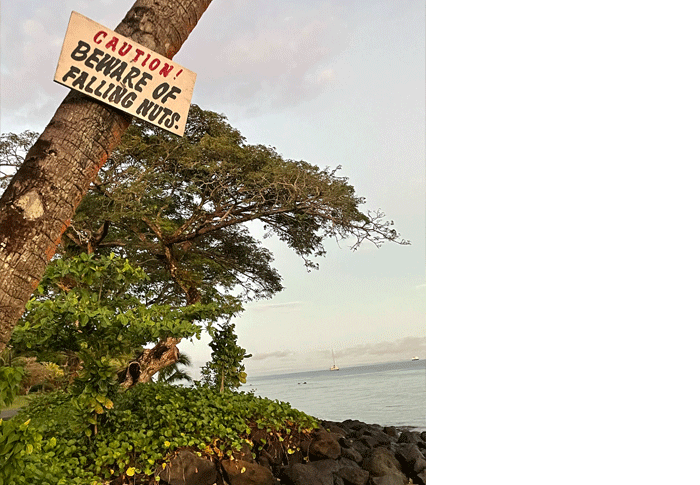
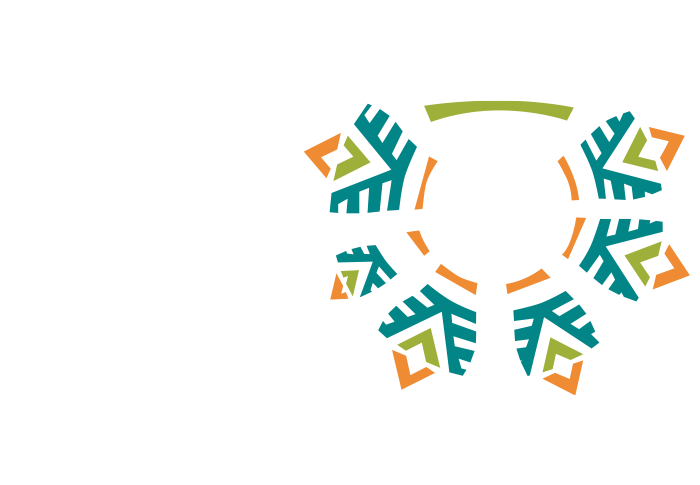
Sunrise from the Daku Resort, Savusavu Photos by Scott Wayne
Vanua Levu Map
Implementation Arrangements
The Ministry of Tourism & Civil Aviation (MTCA) has the overall responsibility for the Project’s execution, oversight, and coordination with other key stakeholders. The Project has two other Implementing Agencies (IAs)—the Fiji Roads Authority and Airports Fiji. For activities to be carried out in Savusavu Town Council (STC) and Labasa Town Council (LTC), the town councils and the Ministry of Local Government (MoLG) are partnering entities.
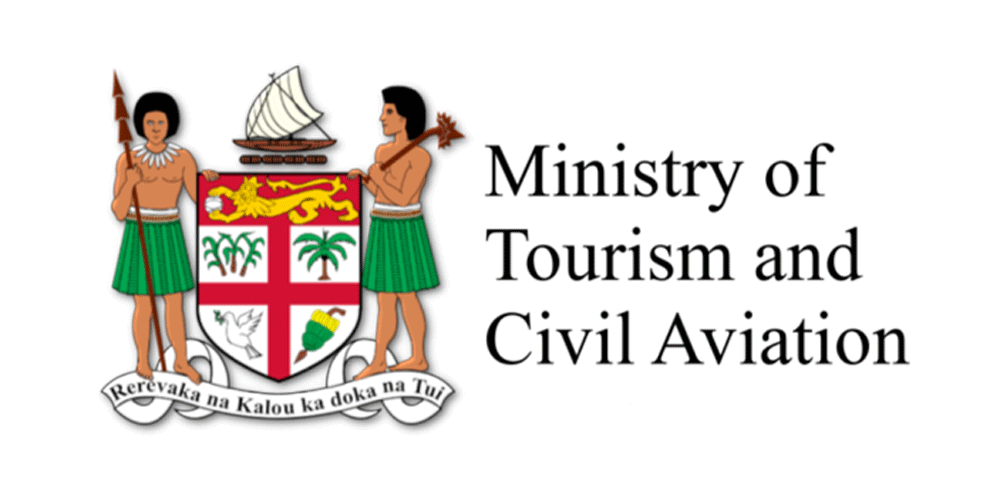
MTCA
The Ministry is entrusted with leading the development, planning, and policies for sustainable tourism in Fiji.

Airports Fiji (AFL)
AFL is responsible for managing Fiji’s international and 14 domestic airports and air traffic.
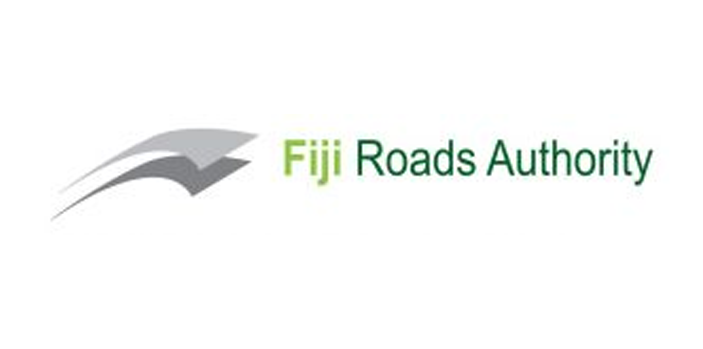
Fiji Roads Authority FRA
FRA is responsible for managing and developing Fiji’s road network.
A Central Project Management Unit (C-PMU) has been established under MTCA, comprising experts in project management, procurement, financial management, environment and social risk (E&S) management, and monitoring and evaluation (M&E)(in progress).
Technical backstopping is provided for the Project’s multiple activities by the Technical Partners listed on the below chart.
Project-related updates from the Implementing Agencies and Technical Partners are featured in the News & Blog Section of this website.
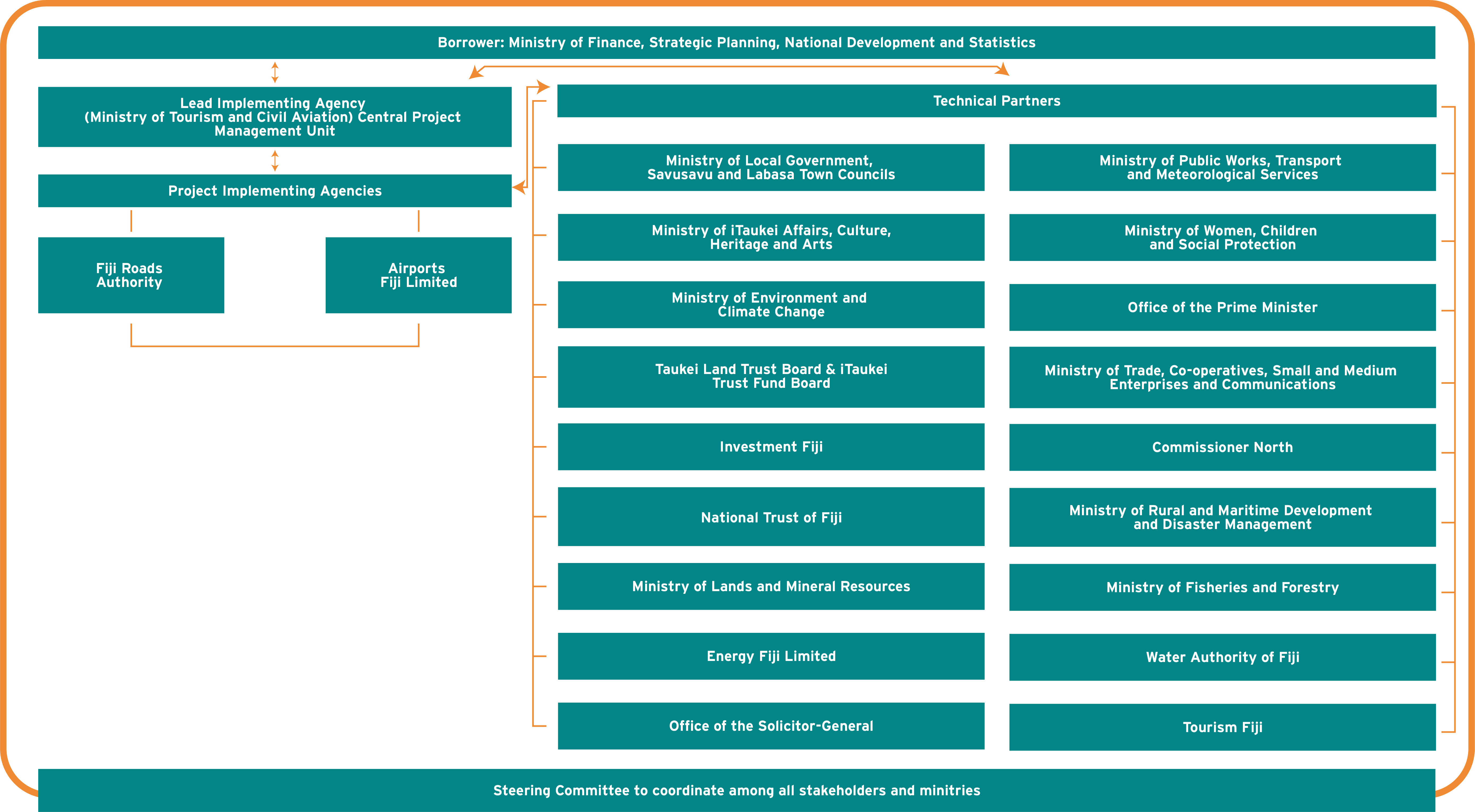
How does this work?
The World Bank (WB) has funded over 12,000 development projects, via traditional loans, interest-free credits, and grants. It originated in 1944, one year before the end of World War II, as a conference to create a framework for post-war reconstruction and cooperation. The WB lends money to developing countries on concessional terms, which means low interest and lengthy repayment periods. After years of discussion and consideration, the Government of Fiji accepted a loan of $200 million for a 10-year project with a repayment period of 40 years. The intention is, of course, that the Na Vualivu Project would more than pay for itself over the repayment period of the loan.
Phases of the Project:
The Na Vualiku Project is being implemented in three phases stretching over a 10-year period. Phase 1 activities will be implemented up to 2028 overlapping with Phase 2, which is estimated to begin in 2026, and finally Phase 3, the final roll-out up to 2034.
Phase One: Infrastructure Development
Setting foundational framework and implementing demonstration programmes (US$61.5 million)
- Address urgent essential service gaps
- Improve tourism coordination to increase private sector participation in tourism
- Reduce negative environmental externalities of tourism

Phase Two: Community Engagement and Capacity Building
Putting physical and social capital infrastructure in place (US$70 million)
- Improve delivery of resilient essential services to population and tourist businesses
- Further reduce negative environmental externalitiesIncrease the number of tourists from target markets

Phase Three: Marketing and Promotion
Full rollout of sustainable tourism master plan ($68.5 million)
- Improve connectivity infrastructure to Vanua Levu
- Increase tourism revenues
- Increase tourism related jobs
- Increase community benefits from tourism
The Na Vualiku Project is being implemented in three phases stretching over a 10-year period. Phase 1 activities will be implemented up to 2028 overlapping with Phase 2, which is estimated to begin in 2026, and finally Phase 3, the final roll-out up to 2034.
- Component 1. Overcoming Barriers and Developing Sustainable Tourism (US$12.45million)
- Component 2. Building Resilient Tourism Infrastructure (US$40.05million)
- Component 3. Tourism Capacity Enhancement and Project Management (US$9million)
Overcoming Barriers and Developing Sustainable Tourism (US$12.45million)
This component aims to address three main barriers to developing Vanua Levu into a sustainable and resilient tourism destination:
- Uncoordinated plans and institutions;
- Limited entrepreneurship support, especially for community and women’s engagement in tourism;
- Vulnerability to natural and climate-related hazards, including the protection and restoration of ecosystems
Implementation by MTCA with technical partners Tourism Fiji, Ministry of Trade, Co-operatives, Small and MediumEnterprises (MTCSME), National Trust, Ministry of Environment and Climate Change (MECC), Ministry of Forestry, Ministry of Fisheries, and Ministry of Rural and Maritime Development and Disaster Management (MRMD).
Building Resilient Tourism Infrastructure (US$40.05million)
This component addresses the key barrier to tourism in Vanua Levu of insufficient infrastructure and essential services in Vanua Levu focusing on:
- Improvements in existing air and land transport connectivity infrastructure and services.
- Upgrades and investments in essential services for the local population and natural resource protection.
- Improvements in the cityscapes of key tourism hubs in Vanua Levu through interim and permanent interventions.
All new and upgraded infrastructure will take a people-centric approach and be designed considering the specific needs of women; women will be targeted in engagement processes to ensure their perspectives are incorporated.
The component will be overseen by MTCA with subcomponents implemented by Airports Fiji Limited (AFL), Fiji Roads Authority, and MTCA in coordination with the Ministry of Local Government (MoLG) and Savusavu and Labasa Town Councils (2b, 2c), and in consultation with
technical partners including the Water Authority of Fiji, Ministry of Environment and Climate Change (MECC) and Energy Fiji Limited. [email protected] Will the Water Authority still be involved with the Project?
Tourism Capacity Enhancement and Project Management (US$9million)
This component addresses capacity challenges to improve institutional coordination between implementation agencies and enhances the enabling environment for private sector-led sustainable tourism.
It will be implemented by MTCA with technical partners iTaukei Land Trust Board, FRA, WAF, and National Trust of Fiji.
MTCA Leaders & Project Team
The MTCA is led by the Honorable Viliame Gavoka, Deputy Prime Minister and Minister for Tourism and Civil Aviation, and Ms. Salaseini Daunabuna, the Permanent Secretary for Tourism and Civil Aviation, is dedicated to realizing the Ministry’s vision and mission. With their guidance and expertise, they committed to shaping Fiji’s tourism industry, fostering economic growth, and ensuring safe and efficient air travel for all.
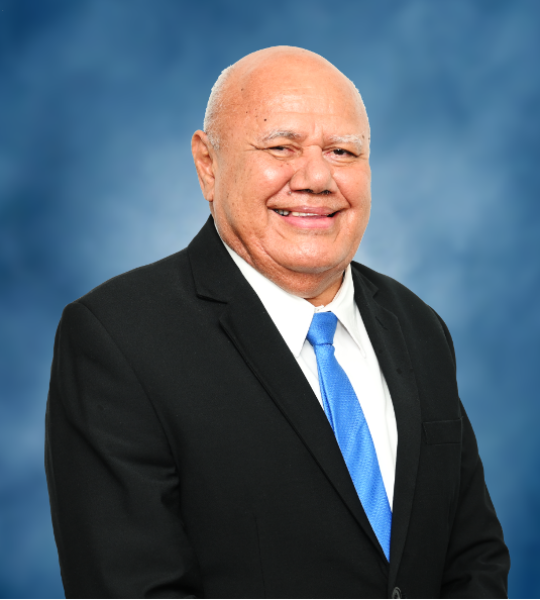
Honorable Viliame Gavoka
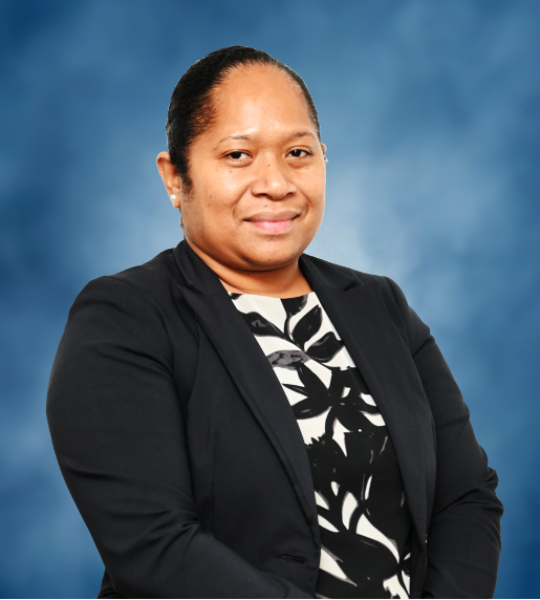
Ms. Salaseini Daunabuna
The Project Team
During the initial start-up months of the project, the Team was led by Scott Wayne, who served as the Interim Project Manager. He is a longtime sustainable tourism expert who heads Washington, DC-based SW Associates, a consultancy specialized in sustainable destination development. Jacinta Lal, MTCA Director of Tourism, an expert in sustainable tourism planning and policy, has also been instrumental in helping to lead the launch of the project. [email protected]
The core C-PMU team members are:
Filipe Corerega: He is the environment and social risk management specialist, formerly with Fiji Roads Authority as their safeguards manager.
Tevita Tuicakau: He is the finance management officer, formerly with Live and Learn Environmental Education as their manager finance.
Akshay Chand: He is the procurement officer, formerly with the Ministry of Finance as their procurement officer.
They are also assisted by an overseas procurement advisor, Tatyana Nychyperovych, who helps the team navigate the complex paths for getting activities procured and started.
